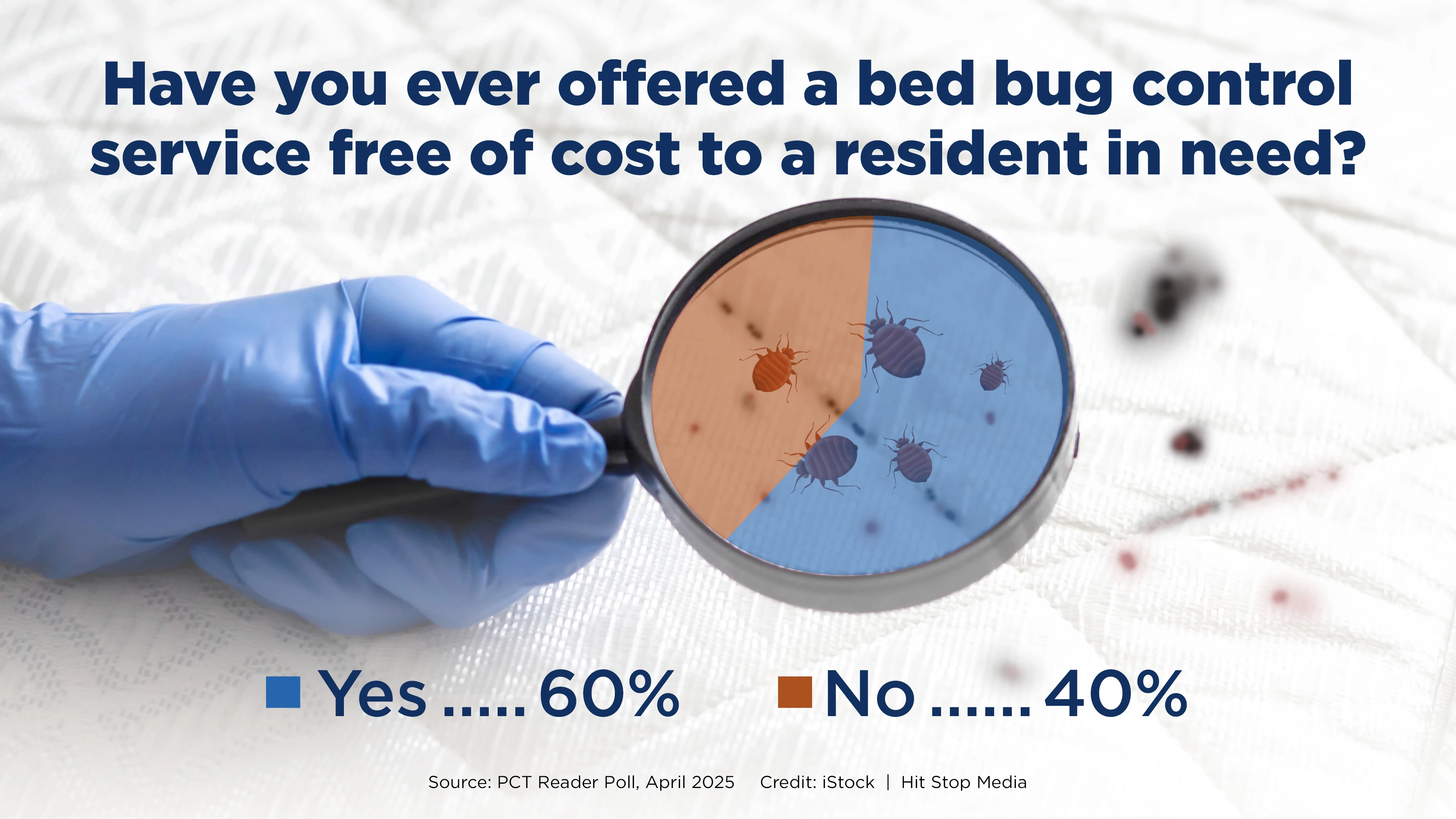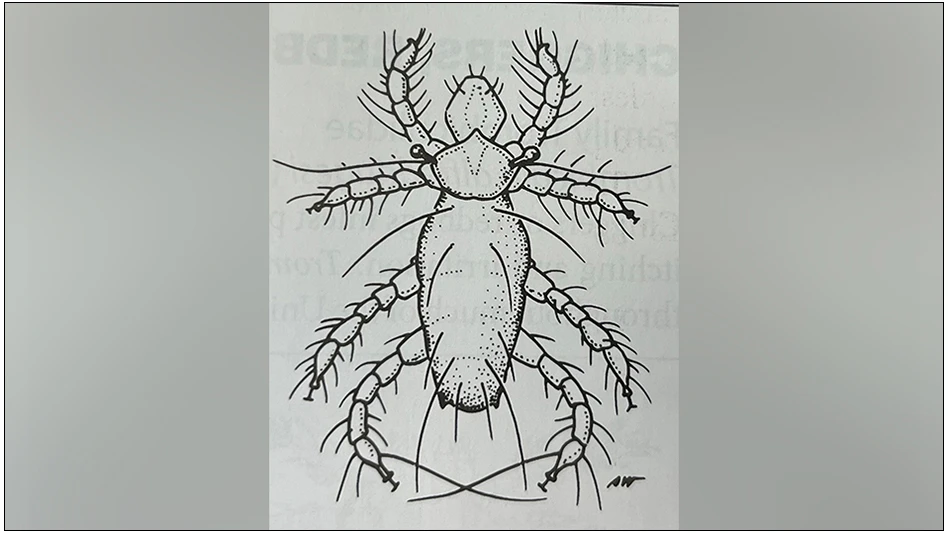
Editor’s note: University of Wyoming professor Jeffrey A. Lockwood, an entomologist-turned-writer, has penned “Poisoned Justice,” a murder mystery featuring a pest management professional as the main character. The following article from Lockwood is an insider’s look at how the author weaved the world of entomology into his novel.
The lawyers have John Grisham and the diplomats have Robert Ludlum, so who’s writing stories about pest control operators? Let’s face it, pest management is not a profession that the public associates with intrigue or adventure. An assassin of earwigs does not make for a dashing hero. Most people want to know as little as possible about what’s happening in their crawlspaces. So my challenge was to craft a fictional character who was true to the field of pest management — and who would connect readers to a darkly enchanting profession.
Most people are familiar with noir through the classics of mystery writing and films (Sam Spade in The Maltese Falcon or Philip Marlowe in The Big Sleep). Think of those black-and-white movies from the 1940s with Humphrey Bogart playing a gumshoe holding a glass of bourbon, being conned by a dame and trounced by fate. So how does this genre reflect the pest control industry?

First, the noir hero is both principled and flawed. He takes responsibility for the violence he brings into the world and makes no excuses. Cold calculation can add up to the need for extermination. And while decisions by a professional are supposed to be dispassionate, sometimes there’s a fine line between justice and vengeance.
Next, the private investigator lives with moral ambiguity in a world that is not filled with light and goodness. While the public desperately wants to deny what crawls in the darkness of basements and alleys, somebody has to decide when doing bad things to bad actors — whether they have eight, six or two legs — is a good thing.
Finally, death is part of the game. Most people prefer that somebody else does the dirty work of cleaning up the world. Gutters and drains are the realm of noir, where the labors of the PI (or PCO) are invisible and unappreciated, except when things go wrong.
So I created Riley, a hardboiled cop-turned-exterminator (as he prefers to be called) with a soft spot for his hard-working employees who keep his business running so he can provide for his mother and brain-damaged brother. Riley is pragmatic to the core, not caring that his office manager is a lesbian or his technicians are a Vietnam vet, an African-American from the projects or a Jewish kid, as long as they care for their work and look out for one another. For Riley, the world is infested with vermin of various sorts, so a rodent control project echoes his days on the force. As he says in the novel, “I wasn’t shedding any tears for rodents, and I didn’t shed any for the criminals I put away as a cop. It’s nothing personal. Rats are just being rats and sociopaths are just being humans. But somebody has to make sure that innocent people aren’t hurt by these creatures, and sometimes that means using force — even deadly force.”
That is how “Poisoned Justice” came to be the first in a series of mysteries featuring a PCO who makes no apologies for “killing what needs killing.” — Jeffrey A. Lockwood

Explore the September 2016 Issue
Check out more from this issue and find your next story to read.
Latest from Pest Control Technology
- Target Specialty Products, MGK Partner for Mosquito Webinar
- Cockroach Control and Asthma
- FORSHAW Announces Julie Fogg as Core Account Manager in Georgia, Tennessee
- Envu Introduces Two New Innovations to its Pest Management Portfolio
- Gov. Brian Kemp Proclaimed April as Pest Control Month
- Los Angeles Ranks No. 1 on Terminix's Annual List of Top Mosquito Cities
- Kwik Kill Pest Control's Neerland on PWIPM Involvement, Second-Generation PCO
- NPMA Announces Unlimited Job Postings for Members





